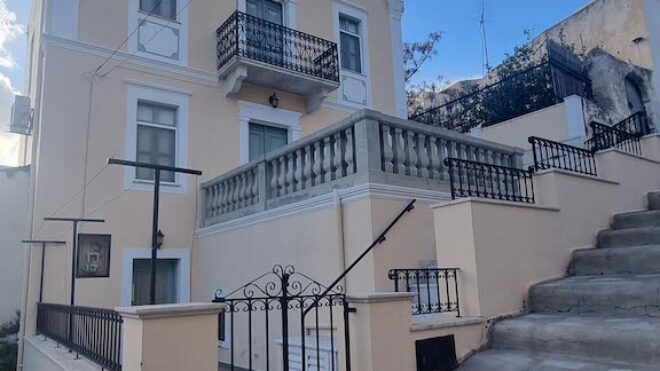Since the beginning of 2023, the government has been discussing the possibility of imposing measures on Airbnbs, which has brought revenues for the government, but as created issues in the availability and prices of properties for rent and sale, especially in urban zones.
Portugal is putting a halt to new Airbnb permits and the “golden visa”
According to information, the discussion will start at zero, however it appears that the government is gravitating towards the imposition of the number of properties that an owner can lease, as well as establishing a time cap during which the property can be exploited on the platform.
The measures under discussion
Companies or managers who lease many properties will be treated differently, while changes in taxation are also to be expected.
More specifically, pertaining to property managers and big companies, the thought is to convert them to legal persons and issue a special operation permit. In this case, a VAT will be imposed as well as a lodging fee as is presently the case for hotels.
Restrictions on the number of properties which can be rented by the same Tax Identification Number.
Establishing timeframes regarding the short-term lease of residences in collaboration with the municipalities.
Restrictions on the number of properties which can be leased out by the same Tax Identification Number.
Imposing a VAT. Currently, the owners on the Airbnb platform are not obliged to pay a VAT. However, as of 2025, this will change on a European level and a VAT will be imposed on short-term leases. For property owners, the VAT will be withheld by the platform and given to the Greek state, so that the owners will not need to keep accounting books.
The law on short-term leases
It should be noted that in 2016 a law was adopted which included a variety of “tools” for the restriction of short-term leases, however no ministerial decision was issued in order to concretise it.
More specifically, the law stipulates the following: By joint decision of the ministers of Economy and Development, and for reasons related to the protection of residences, geographical areas may be determined where the following restrictions in the provision of properties for short-term lease will apply as follows:
a. The short-term of leased of over two properties per revenue beneficiary with the same Tax Identification Number should be prohibited.
b. The lease of any property should not exceed 90 days per calendar year and for islands of 10,000 residents, 60 days per calendar year.
This timeframe could be extended if the total revenue of the lessor or the sublessor from the lease or sublease of properties does not exceed 12,000 Euro annually.
Source: in.gr

